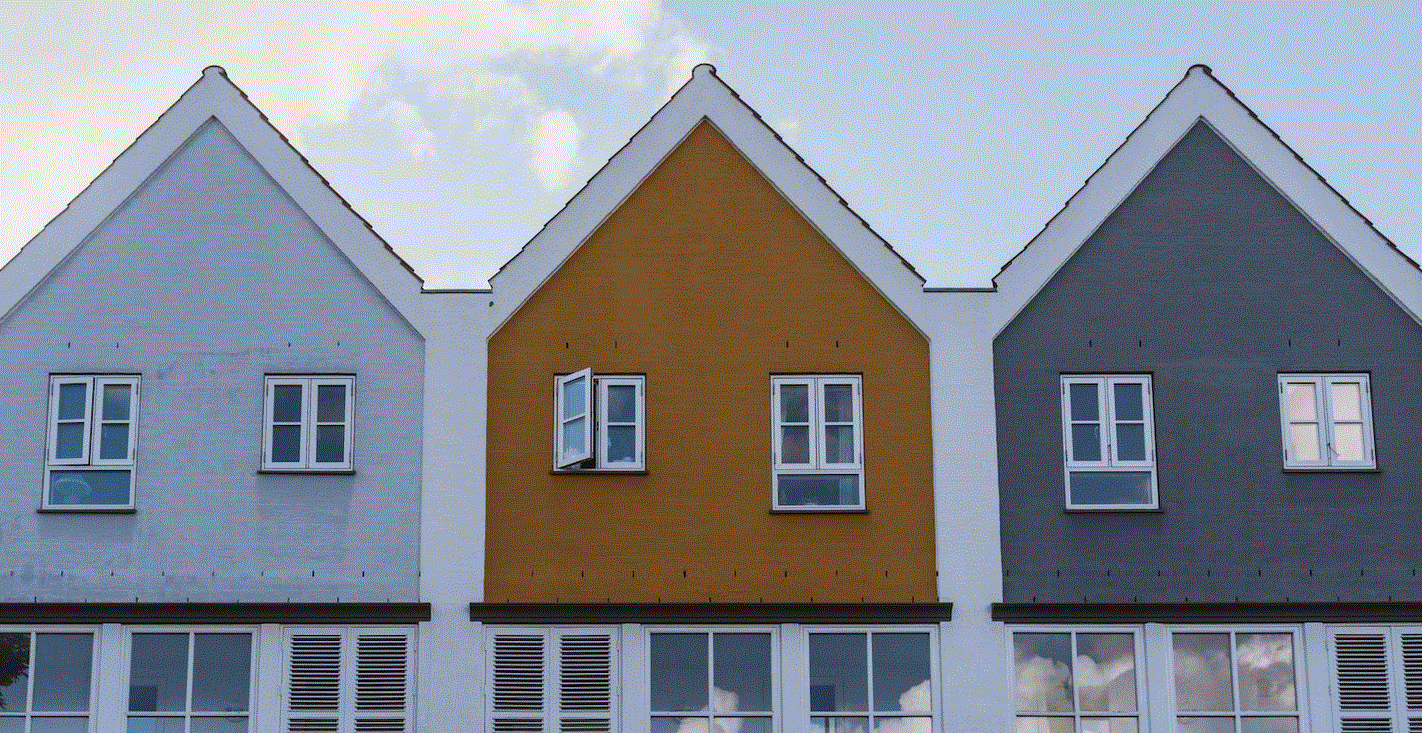CANADA- When you consider a few factors impacting the market right now, Toronto real estate statistics and trends for 2023 are a good place to start. In addition to the growing number of Millennials who are buying homes, the market is also experiencing interest rate hikes and a lack of inventory. In fact, the price of a home in Barrie, ON, has increased at an incredible rate.
Millennial Buyers
Millennials, the largest generation since the Industrial Revolution, are forming households at record-high rates. As a result, experts predict a large wave of first-time homebuyers in the next few years. However, supply will be limited, so home prices and rents are likely to continue to rise. One contributing factor to rising home prices is the Fed's recent decision to increase the money supply by 50 percent over the past two years. Historically, more money drives up prices, so it is not surprising that millennials are becoming a key part of the Toronto real estate market.
The Millennials are also interested in luxury homes in sunny, suburban, and remote areas. Many are relocating to luxury estates in these locations instead of commuting to work in the city. In addition, the rise of new transportation options and changes in workplace structures have encouraged millennials to move farther away from the city center.
Lack Of Inventory
There are several reasons for the shortage of housing inventory in Toronto, but one of the most important is the expected rise in population. The province is expected to add 1.2 million new residents between now and 2023, according to Statistics Canada. If the population continues to grow, there is a strong likelihood that the real estate market will remain undersupplied for the next several years.
Toronto home prices are expected to fall as much as 10 percent in some neighborhoods, and if prices stay low, some buyers will take advantage of this opportunity. But if prices don't fall as much as expected, they may not be able to afford the homes they want. That is why the report by Sondhi estimates that the number of homes sold will drop by 35 percent by 2023.
In Toronto, the housing market is not likely to crash until there is a severe economic crisis. Until then, prices will keep rising and will likely exceed wages. But the lack of inventory in the city is already affecting the affordability of homes. The government is working hard to push high-density housing throughout the province. While the province is seeing construction cranes everywhere, there is not enough supply to match demand.
Interest Rate Hikes
If you're planning to buy a home in Toronto by 2023, be aware of the potential impact of rising interest rates. While hefty mortgage debt is a big factor in real estate values, even lower prices can be affected by a hike in interest rates. Across Canada, home prices are expected to fall slightly in 2023, with different regions seeing different declines. Alberta and Saskatchewan are expected to see a four percent drop in prices. Increasing interest rates is likely to further exacerbate this situation.
The Bank of Canada is expected to raise its benchmark interest rate by another full percentage point before the end of the year. While the rise would prevent prices from collapsing, it will make borrowing more expensive for many buyers. Currently, the key rate is 2.5% but is expected to rise to 3.25% in 2023. As a result, many buyers and builders are delaying new projects. Desjardins predicts that the construction of new homes will drop by at least 20% by 2023 in Ontario. This decrease will be smaller for row houses and semi-detached houses.
The pending hike in interest rates is a sign of a shaky housing market. While it's unlikely that the Canadian housing market will collapse, it's unlikely to remain as strong as it is today. This could cause an extended period of price declines. The average price of a home in Canada will fall by as much as five percent by 2023. Moreover, many economists believe that the housing market correction has already been premature and that a higher interest rate in 2023 will exacerbate the problem.
Price Declines
Recent data suggests that prices in some neighborhoods of Toronto will decline by as much as 10 percent. This may not seem like a big deal, but experts say that the market will continue to cool off, resulting in further price declines. A recent survey from the Toronto Star reveals that real estate experts believe prices will fall by as much as 15 percent by 2023.
The report also forecasts that Canadian housing prices will drop 20 percent to 25 percent from their peak in the first quarter of 2023. The decline in prices began to materialize this summer as mortgage rates rose, and many people expect that the drop will continue into the fall. According to the Canadian Real Estate Association, the average price of a home in July was $629,971 - a 3 percent increase over June.
The report also notes that the rise in prices was prompted by the implementation of new work-from-home rules. This surge in home prices led to an unprecedented price increase. Moreover, the Bank of Canada is expected to keep hiking interest rates for the time being, but at lower levels, than they are now. Despite these worries, it's still important to remember that Canadian housing prices have traditionally held their own against recessions.




